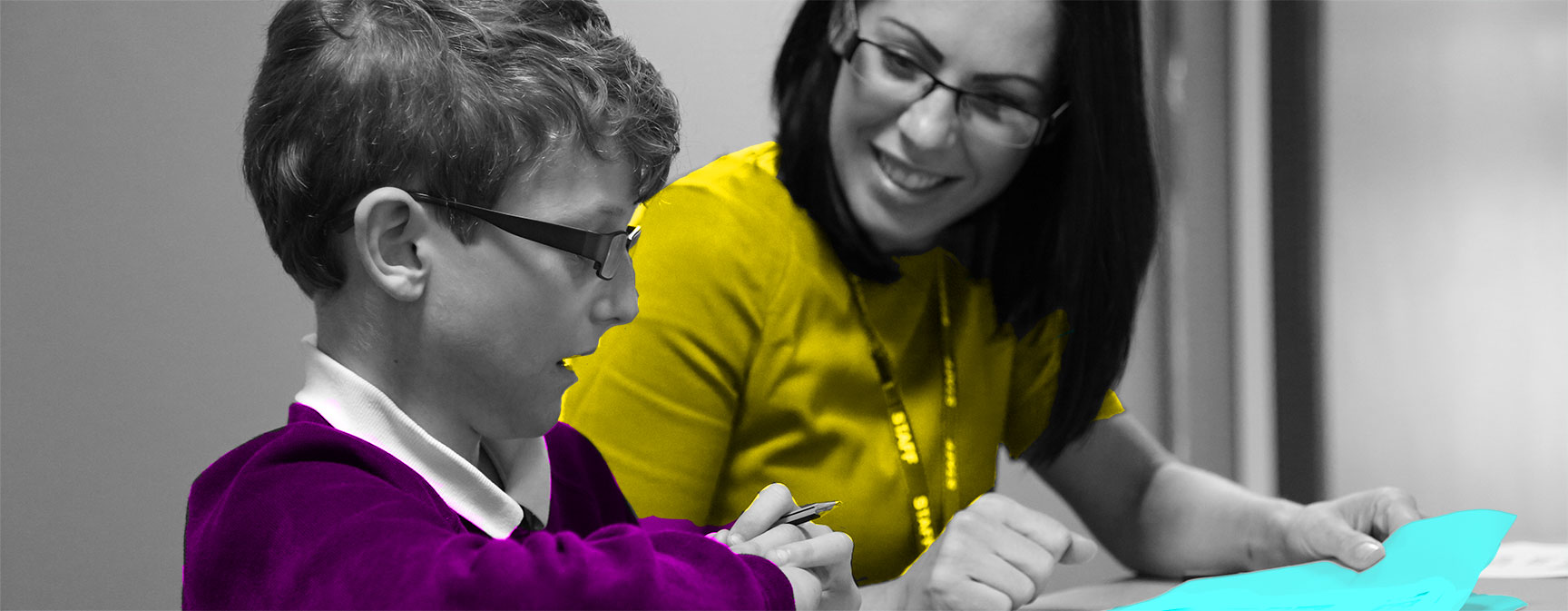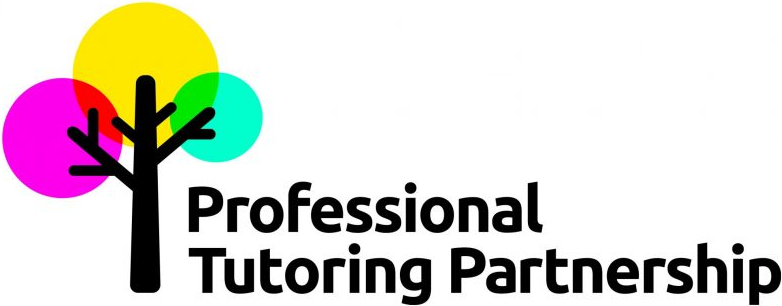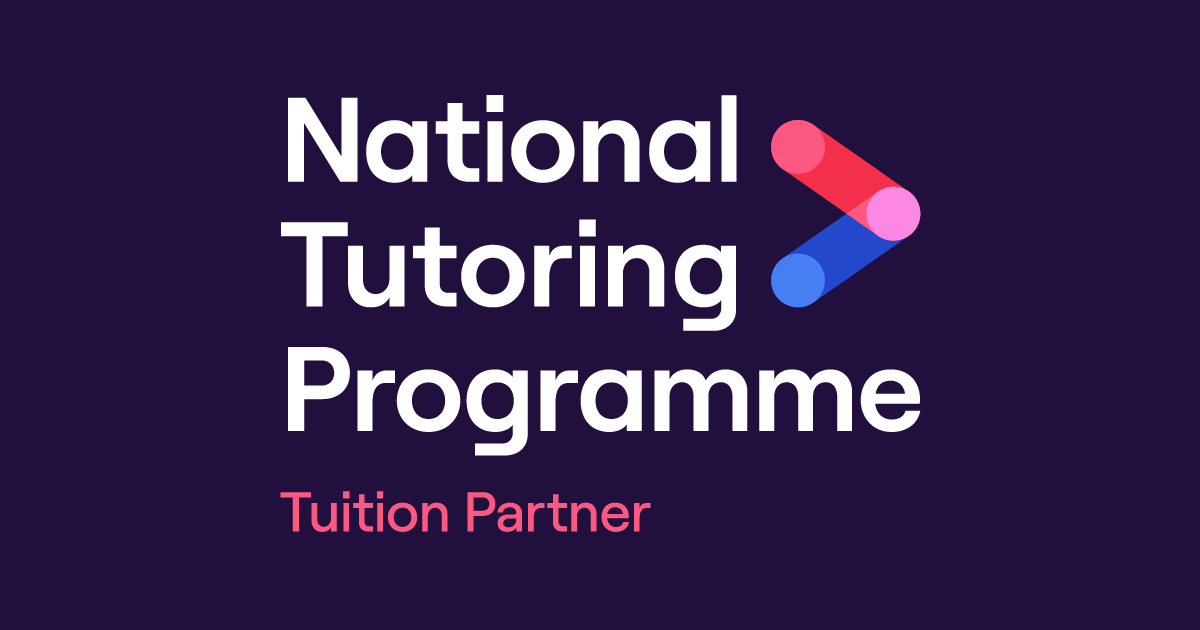
The Professional Tutoring Partnership model of tuition is based on well researched interventions and approaches.
Key evidence supporting the elements which comprise the Professional Tutoring Partnership 15hrs block of tuition included the following:
- High expectations of and positive regard for pupils (Demie & McLean, 2017; Garcia & Chun, 2016)
- Pedagogical subject knowledge – the specialist knowledge that tutors possess enabled them to elucidate subject matter by breaking it down and presenting it afresh, using a wide range of interactive, discursive and structured multisensory methods to enable pupils to achieve relational understanding and to develop the skill-set of a self-directed learner (Karlsson, 2020).
- High-quality feedback was built in throughout learning sessions, with a brief review of previous work at the outset and a review at the end of the session (Wiliam & Leahy, 2015)
- A conversational approach to tutor-pupil interactions was central to our tutoring model – where elaboration and exploration of understanding were seen as central to the both the elicitation and perpetuation of metacognitive habits in pupils (Alexander, 2018; Alexander 2020; Guo, Y., Connor, C. M., Yang, Y., Roehrig, A. D., & Morrison, F. J., 2012; Dinsmore & Fryer, 2019). Metacognitive strategies can elicit long lasting learning particularly for students from disadvantaged backgrounds as illustrated in a recent meta-analysis (de Boer et al, 2018)
- Particular attention was paid to working memory difficulties where relevant. Frameworks were put in place to support the retention of subject matter and procedures in long-term memory systems and to target specific skill-sets known to be under-developed in the most disadvantaged pupils (Brown, Roediger & McDaniel, 2014)
- The tutoring model focused on eliciting understanding via the making of connections during exploratory activities through the employment of ‘authentic, engaging tasks with real-world connections to support student effort and engagement’ (Darling-Hammond, Flook, Cook-Harvey, Barron & Osher, 2020) and ‘Engineering effective classroom discussions and activities’ (Wiliam & Leahy, 2015). The emphasis was always upon fostering pupils’ ability to generalise and apply what they learn in one context to another.
- Language enrichment has been shown to be a key propeller of progress in literacy where other approaches (e.g. phonics) have failed (Compton, Miller, Ellemann & Steacey, 2014; Bowers & Bowers, 2017) and has been demonstrated as a key target to unlock the language potential of disadvantaged pupils whose expressive and receptive language skills are still developing (e.g. Roy & Chiat, 2014).
The tutoring was personalised in response to the requirements of the school and the most effective components of the model were applied according to the need. The session content and the overarching structure of the intervention were planned to accommodate pupils’ strengths and challenges in academic performance (Palumbo & Sanacore, 2007; Coe, Aloisi, Higgins and Major, 2014).

